The digital economy is transforming the world of work, but Uganda is struggling to keep pace. This was the stark warning issued by experts at a joint Business Symposium organized by Cavendish University Uganda (CUU) and Nkumba University (NU) today 6th December 2024.
Under the theme “Bridging the Gap: Education Deficiency and Digital Divide in Uganda,” the symposium brought together industry leaders, policymakers, and academics to discuss the challenges and opportunities presented by digital technologies.
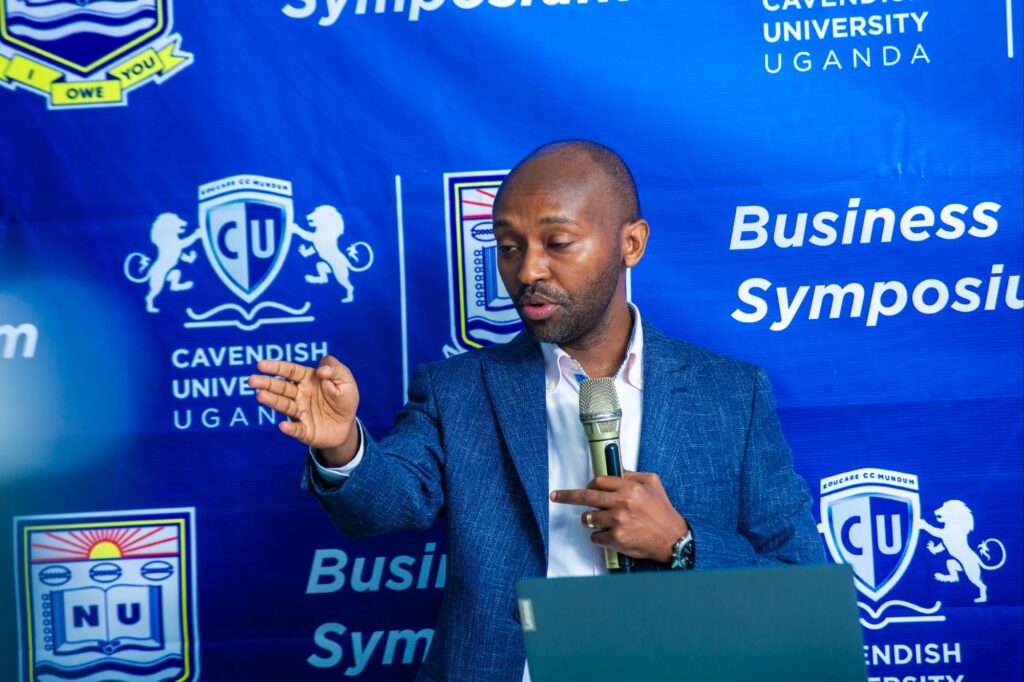
Mr. Richard Ndahiro, the Digital Lead at the United Nations Capital Development Fund, emphasized the critical role of digital skills in driving economic growth. “Skilling is the most contributor to growth,” he said. “The lack of digital skills will be the major contributor to the digital divide in developing countries.”
Ndahiro stressed the need for universities to provide an ecosystem for learning, supporting students to develop the skills they need to thrive in the digital economy. “Before students choose a course, they should be given career guidance,” he said. “We need to support them to understand the content and help them strive.”
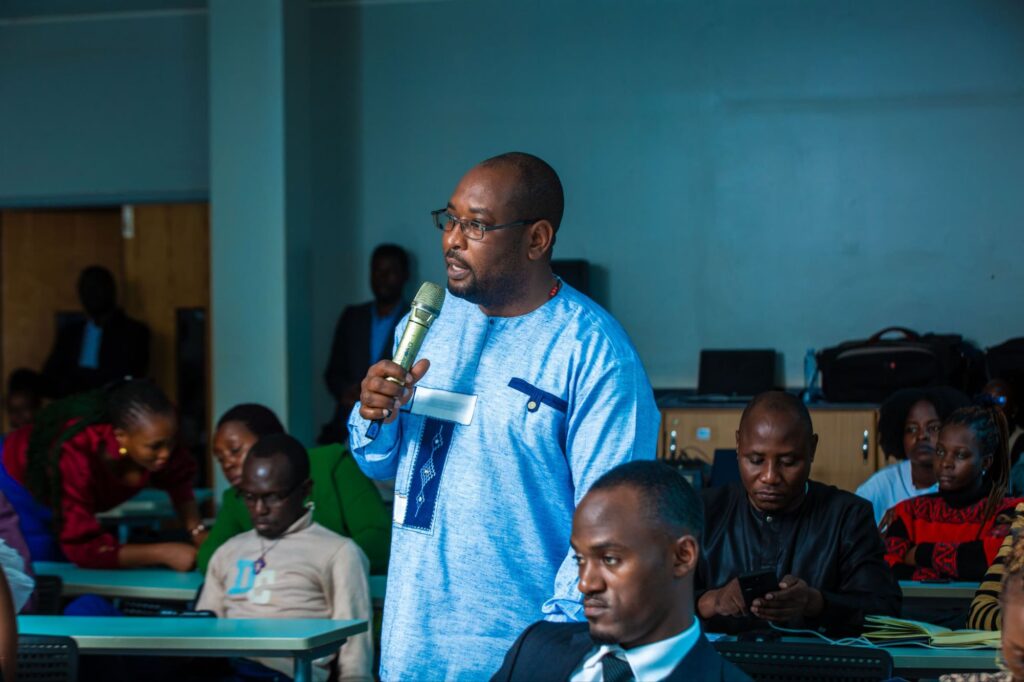
The panel discussion that followed highlighted the challenges facing Uganda in bridging the digital divide. Joshua Akandwanaho, National IT Authority, noted that the government is working to create a favorable environment for digital education, but acknowledged that more needs to be done. “We are not here to create fear, but to create the best services to deliver to people,” he said.
Dr. Mubangizi Martin, Head of Office and Data Scientist at UN Global Pulse Uganda, emphasized the importance of digital access in appreciating artificial intelligence. “When we talk about digital inclusivity, we need to consider the infrastructure, the cost of devices, and the lack of skills on the side of teachers and students,” he said.
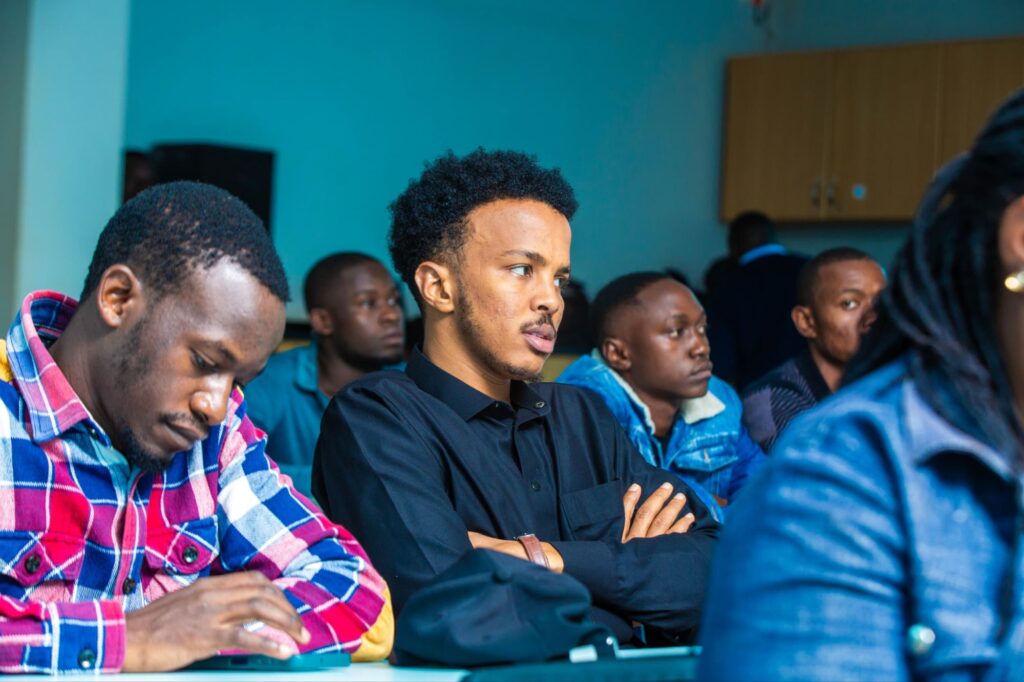
At the heart of the discussion in the afternoon session was the issue of policy implementation. “We have good policies, but faithfulness in implementing them is a big problem,” said Mr. Angelo Izama, highlighting the disconnect between policy and practice. Mr. Joshua Akndwanaho echoed this sentiment, noting that “we have the best policies in Uganda, but the only challenge we face is implementation.”
Another panel discussion, moderated by Mr. Daniel Wairindi, later explored the issue of data privacy, security, and inclusiveness. Dr. Charles Edaku emphasized the need for Uganda to learn from models like Rwanda’s, which have successfully implemented inclusive digital education. “We need to identify a model that can fit our country, a model that we can manage and make sure it works out,” he said.
The experts also highlighted the importance of leveraging digital platforms to drive economic growth. “A very good lecturer can speak to a student in another area because of technology,” said Mr. Akndwanaho. “Students, let’s make these digital platforms our marketing platforms. Don’t just go rent small to start selling your goods and services, yet you can use online platforms to sell rent free.”
On the role of the private sector in driving digital transformation.
The Dean School of Computing and Informatics, Dr. John Paul Kasse noted that digital innovation without internet is difficult, and called for the government to provide support for students to access digital education.
The symposium’s warnings about Uganda’s digital divide are timely. As the digital economy continues to evolve, it is clear that urgent action is needed to ensure that the country is not left behind. By addressing the challenges of policy implementation, data privacy, and inclusiveness, Uganda can harness the power of digital technologies to drive economic growth and development.
This is the second time CUU and NU have organized a joint Business Symposium, following their inaugural partnership in 2022.
As the digital economy continues to evolve, it is clear that urgent action is needed to bridge the digital divide and ensure that Uganda is not left behind.
In the words of Mr. Ndahiro, “The challenge is immense, but with collective effort, we can deliver future skills to fully leverage Africa’s demographics and drive economic growth.”
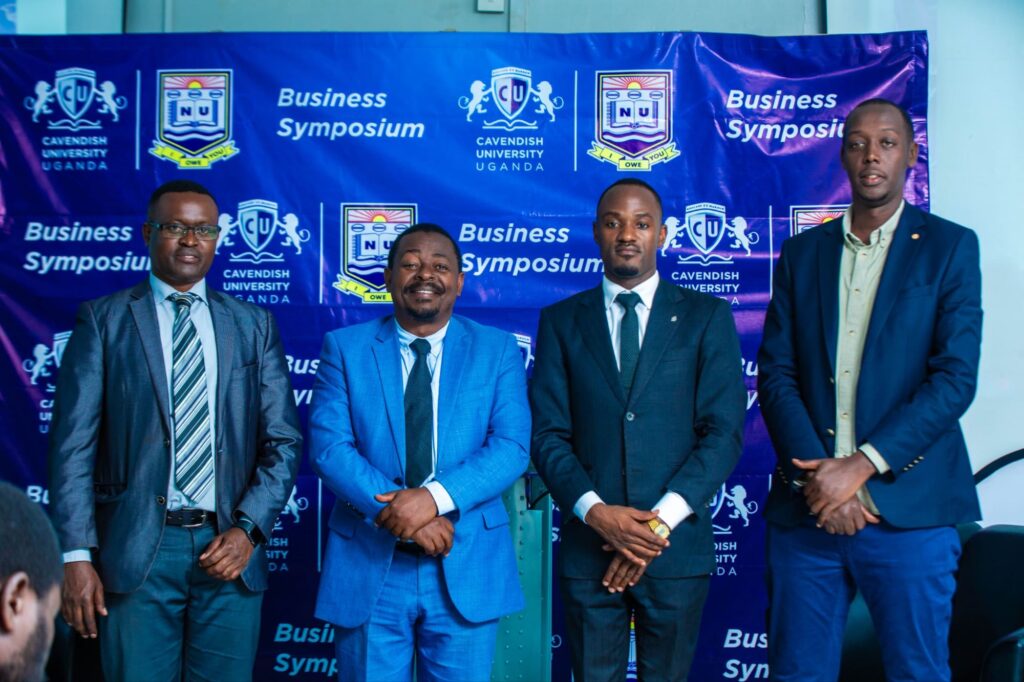


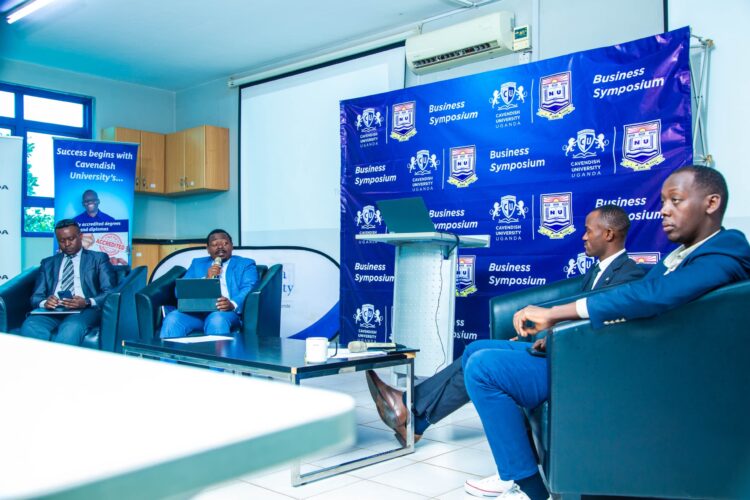


















Discussion about this post